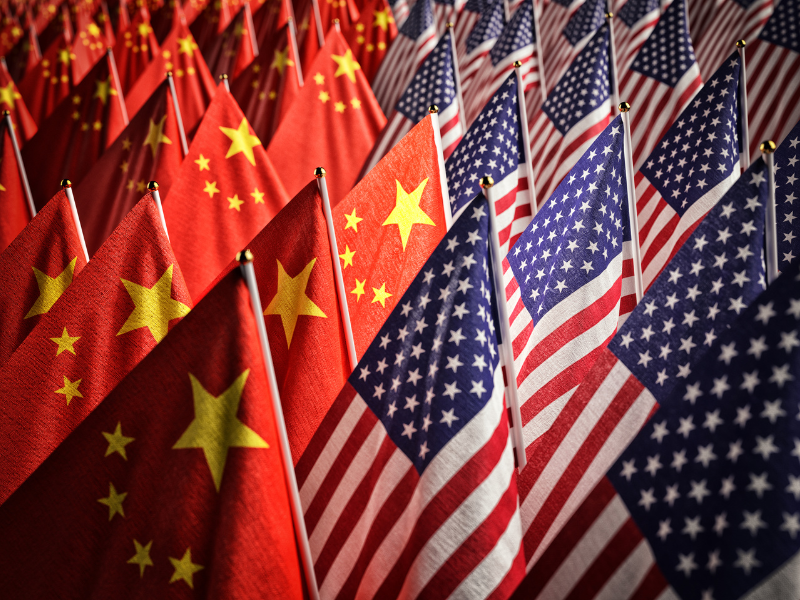With the nation anxiously waiting to find out whether the federal government’s stimulus package will boost the economy, it is easy to lose sight of the fact that state and local governments can affect our pocketbooks and personal lives as much as Congress can.
For those interested in living in a relatively free society, today’s level of state intervention in the market and our personal lives is worrying. The fiscal problems of the more-profligate state governments prompted Congress to spend $87 billion of the recently passed stimulus package to bail them out of their Medicaid deficits.
However, not all states are equal in the tendency to infringe their citizens’ freedoms. This variance has allowed Americans who value economic and personal liberty to vote with their moving vans by relocating from less free to freer states, according to Freedom in the 50 States: An Index of Personal and Economic Freedom, a new study published by the Mercatus Center at George Mason University.
The study ranks states on government spending, taxes, and regulations on market transactions and private behavior.
Polar Opposites: New Hampshire, New York
The five freest states in our ranking are New Hampshire, Colorado, South Dakota, Idaho, and Texas, in that order. The five least-free states, from the bottom up, are New York, New Jersey, Rhode Island, California, and Maryland.
The inland West, from the Mississippi River to the Rockies, tends to be relatively free, while Northeastern and Pacific coastal states are mostly interventionist.
State and local governments regulate workplaces, land use, and health insurance. They tell individual citizens how to educate their children, where they are permitted to smoke, which kinds of firearms they may own, and when they are allowed to buy liquor.
‘Liberal’ States Less Free
In general, ideologically moderate and conservative states are freer than politically liberal ones, especially on economic issues such as taxes and government debt. On personal issues, conservative states are more likely to employ harsh punishments for marijuana users, even those using it for medical purposes, and to prevent same-sex couples from having state-sanctioned marriages. Some, such as Utah, strongly discourage gambling and alcohol purchases.
Liberal states tend to be nanny states when it comes to smoking on private property, gun control, helmet and seat belt laws, restrictions on home schooling, and campaign finance laws.
Moving to Freer States
Freedom in the 50 States provides a guide for freedom-loving individuals interested in making a move and businesses looking to find more hospitable economic conditions. People are apparently already doing this based on their own rough estimates, we found.
The study found freer states have attracted higher levels of net internal migration over the past seven years, on the scale of several percentage points of state population. Personal freedom has just as big an effect on Americans’ moving decisions as economic freedom.
That suggests the link from economic freedom to job creation can account for only some of the migration. These findings hold up even when controlling the data for winter climate and cost of living.
Most people who want to live freer lives and run businesses without excessive regulation are not willing to move out of the places they love. Of course, they can vote for change from DC. But given the sclerosis of federal politics, those looking for “change we can believe in” would do well to look to their state governments instead of the nation’s capitol—and are increasingly doing so.
Jason Sorens ([email protected]) is an assistant professor in the department of political science at the University of Buffalo. William Ruger ([email protected]) is an assistant professor in the department of political science at Texas State University.
For more information …
Freedom in the 50 States: An Index of Personal and Economic Freedom: http://www.mercatus.org/PublicationDetails.aspx?id=26154



